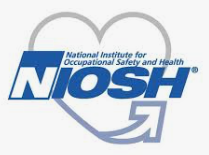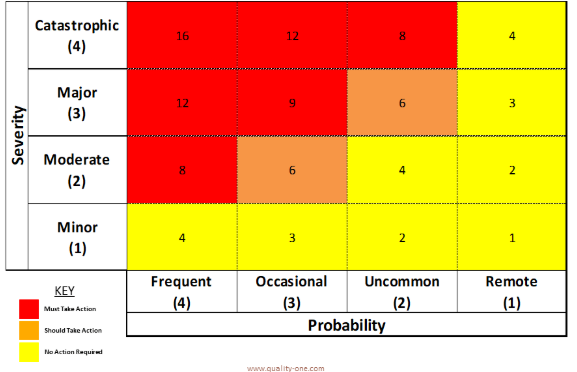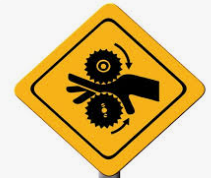
OSHA vs. NIOSH: Understanding Workplace Safety Regulations and Research
Occupational noise-induced hearing loss remains a significant concern in various industries, prompting the Occupational Safety and Health Administration (OSHA) to implement stringent regulations to safeguard workers. One key regulation, 29 CFR 1910.95(g)(1), mandates an audiometric testing program for employees exposed to high noise levels. However, OSHA isn’t the only agency focused on worker safety. The National Institute for Occupational Safety and Health (NIOSH) also plays a vital role in workplace health, albeit through research rather than enforcement.

The Limitations of Traditional SFMEA in Risk Assessments
The Safety Failure Modes and Effects Analysis (SFMEA) has long been used in manufacturing and industrial settings to assess risks. This method evaluates risks based on four key factors: severity, controls, frequency, and people. While SFMEA provides a structured approach, it has significant limitations that can result in incomplete or inaccurate risk assessments.

Machine Guarding in 2025: Adapting to New Tech and Regulations
In the fast-evolving world of manufacturing, safety remains a cornerstone of operational success. As we move through 2025, one area demanding attention is machine guarding—an essential practice that protects workers from the hazards of increasingly sophisticated machinery. With automation and robotics transforming production floors, manufacturers must adapt to both new technologies and shifting regulations to keep their teams safe and their businesses compliant

Do I Have to Use a Permit for this Confined Space?
Permit required confined space entries become complicated, time consuming, and expensive very quickly. Often times, setting up to complete a permit required confined space entry can take longer than completing the actual task within the confined space.

What Can be Used as a Lockout Device?
There are many products on the market that are designed for the purpose of being a lockout device in specialized situations, but what if you don’t have them available? What are the requirements?
